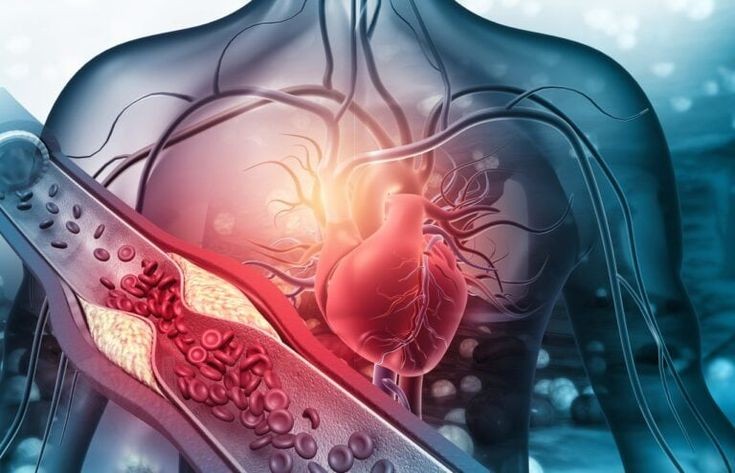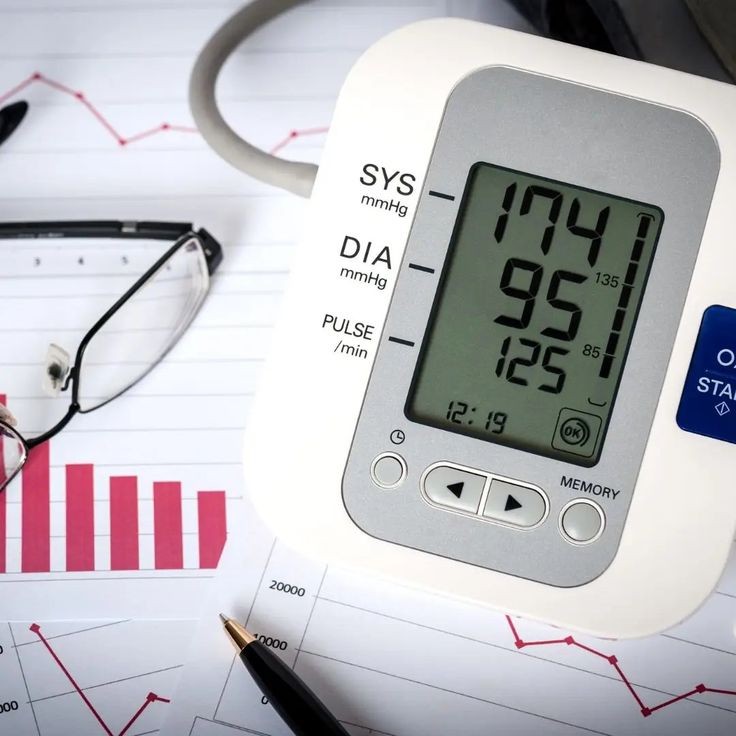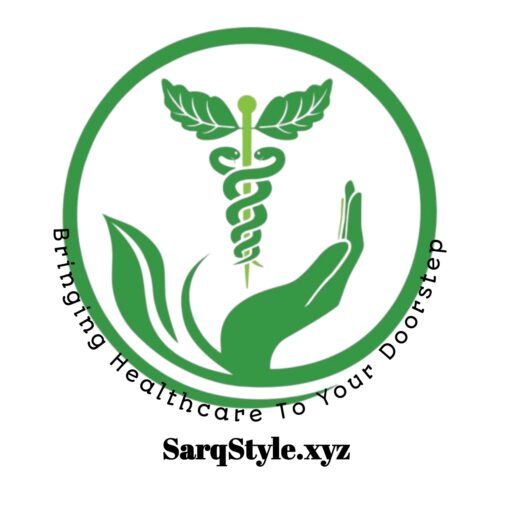DEFINITION
High blood pressure is a common condition where the long-term force of blood against your artery walls is high enough to potentially cause health problems, such as heart disease. Blood pressure is determined by both the amount of blood your heart pumps and the level of resistance to blood flow in your arteries. The more blood your heart pumps and the narrower your arteries, the higher your blood pressure. You can have high blood pressure (hypertension) for years without any symptoms. Even without symptoms, damage to blood vessels and your heart can occur and be detected. Uncontrolled high blood pressure increases the risk of serious health issues, including heart attack and stroke. High blood pressure generally develops over many years and affects nearly everyone eventually. Fortunately, it can be easily detected. Once you know you have high blood pressure, you can work with your doctor to manage it.
SYMPTOMS
Many individuals with high blood pressure exhibit no noticeable signs or symptoms, even when readings reach dangerously high levels. A few may experience headaches, shortness of breath, or nosebleeds, but these are not specific and typically occur only when blood pressure reaches a severe stage.

CAUSES
High blood pressure can be classified into two types:
Primary (Essential) Hypertension: For most adults, there is no identifiable cause, and it tends to develop gradually over years.
Secondary Hypertension: Some individuals have high blood pressure due to an underlying condition, appearing suddenly and often causing higher readings than primary hypertension. Conditions and medications that can lead to secondary hypertension include:
- Obstructive sleep apnea
- Kidney problems
- Adrenal gland tumors
- Thyroid problems
- Congenital blood vessel defects
- Certain medications, such as birth control pills, cold remedies, decongestants, over-the-counter pain relievers, and some prescription drugs
- Illegal drugs, such as cocaine and amphetamines
- Alcohol abuse or chronic alcohol use
RISK FACTORS
Several factors increase the risk of developing high blood pressure, including:
- Age: Risk increases with age. Until about age 45, it is more common in men, while women are more likely to develop it after age 65.
- Race: More common in blacks, often developing at an earlier age and leading to more severe complications.
- Family History: High blood pressure can be hereditary.
- Being Overweight or Obese: More body weight requires more blood to circulate, increasing pressure on artery walls.
- Physical Inactivity: Leads to higher heart rates, increasing the force on arteries.
- Tobacco Use: Raises blood pressure and damages artery walls.
- High Sodium Diet: Causes fluid retention, increasing blood pressure.
- Low Potassium Diet: Leads to sodium accumulation in the blood.
- Low Vitamin D Diet: Vitamin D may affect blood pressure-regulating enzymes.
- Excessive Alcohol: Damages the heart over time.
- Stress: Temporary increases in blood pressure.
- Chronic Conditions: Such as kidney disease, diabetes, and sleep apnea.
Complications can arise from untreated high blood pressure, including heart attack, stroke, aneurysm, heart failure, kidney damage, vision loss, metabolic syndrome, and cognitive issues.

PREPARING FOR YOUR APPOINTMENT
If you suspect high blood pressure, schedule an appointment with your healthcare provider. No special preparations are needed, but wearing a short-sleeved shirt and avoiding caffeine before your appointment can help. Bring a list of medications and supplements you take. Be prepared to discuss symptoms, family history, and lifestyle habits. Write down questions for your doctor to make the most of your appointment.
TESTS AND DIAGNOSIS
Blood pressure is measured using a cuff and gauge, with readings categorized as:
- Normal: Below 120/80 mm Hg
- Prehypertension: 120-139/80-89 mm Hg
- Stage 1 Hypertension: 140-159/90-99 mm Hg
- Stage 2 Hypertension: 160/100 mm Hg or higher
Your doctor may take multiple readings over several appointments to confirm a diagnosis. Additional tests may include blood and urine tests, cholesterol tests, and an electrocardiogram.
TREATMENTS AND DRUGS
Lifestyle changes are crucial for controlling high blood pressure. Your doctor may recommend dietary changes, exercise, quitting smoking, and maintaining a healthy weight. Medications may be prescribed if lifestyle changes are insufficient. Treatment goals depend on age and health status.
Medications include:
- Diuretics
- Beta blockers
- ACE inhibitors
- ARBs
- Calcium channel blockers
- Renin inhibitors
Additional medications may be used for resistant hypertension.

LIFESTYLE AND HOME REMEDIES
Control and prevent high blood pressure with:
- A healthy diet (DASH diet)
- Reduced salt intake
- Maintaining a healthy weight
- Regular physical activity
- Limiting alcohol
- Quitting smoking
- Managing stress
- Monitoring blood pressure at home
ALTERNATIVE MEDICINE
Some supplements may help lower blood pressure, such as fiber, magnesium, calcium, potassium, folic acid, and omega-3 fatty acids. Consult your doctor before adding supplements, as interactions with medications can occur.
COPING AND SUPPORT
High blood pressure requires lifelong management. Take medications as prescribed, schedule regular doctor visits, adopt healthy habits, and manage stress. Enlist support from family and friends to help maintain motivation.


